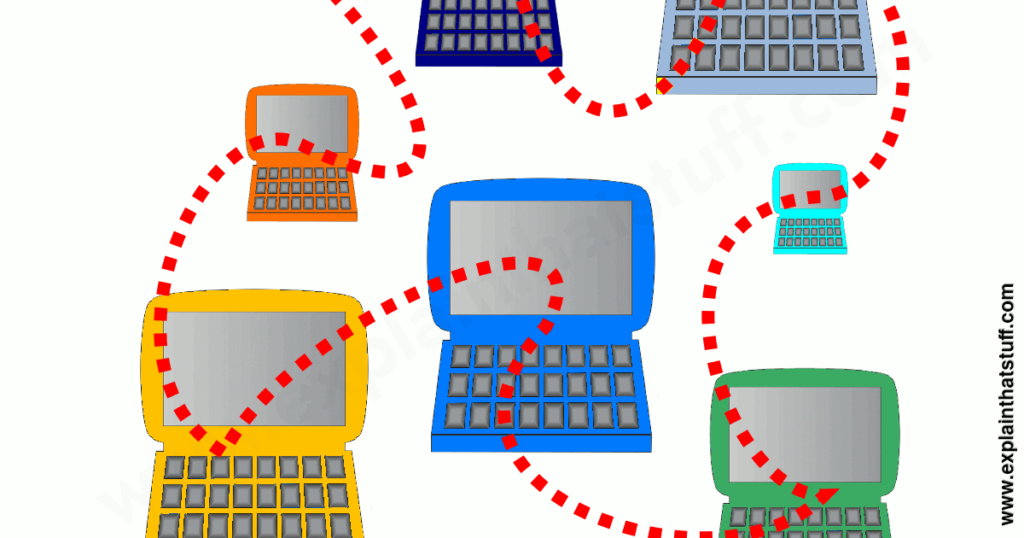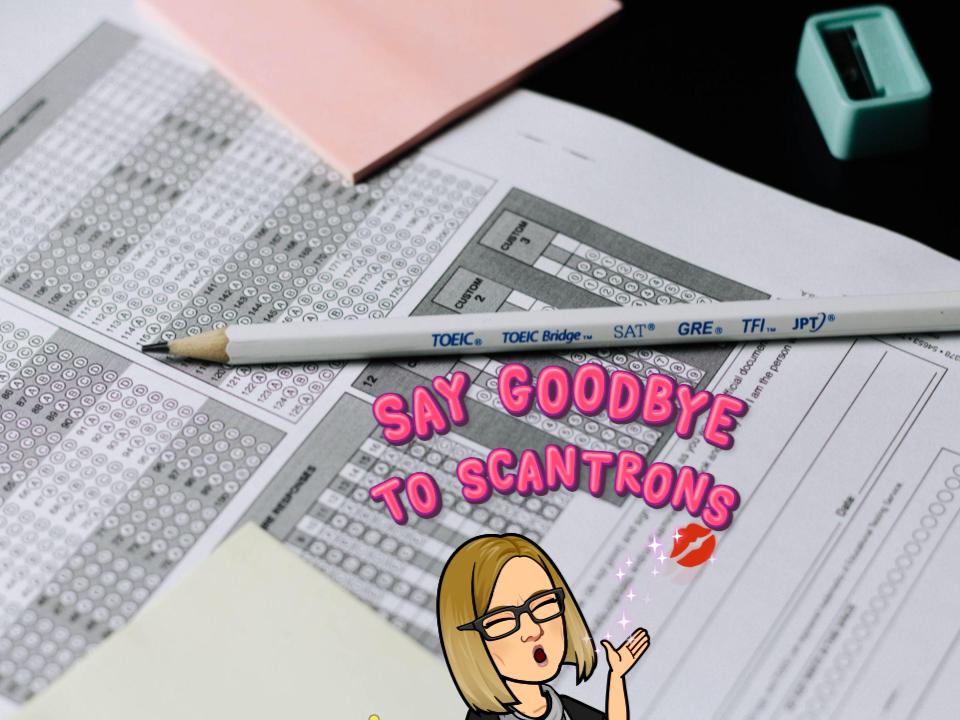Texas school districts are gearing up for mandatory online assessments beginning in the 2022-2023 school year. Most school districts have been giving some type of online assessments for many years, so this move is more an issue of scale than a totally novel concept. However, providing online assessments to almost all your students takes a different level of preparation.
Feasibility Study
The Texas Education Agency has been planning to transition to online assessments for several years. HB 3906 was passed in the 86th Texas Legislature requiring TEA to conduct a feasibility study. The purpose was to determine what districts would need to be able to administer the state assessments online. Texas A&M University conducted the study and presented it to the Governor and the state legislature on December 1, 2020. The report indicated that most school districts had the technology infrastructure necessary to accommodate online assessments, but not all.

HB 3261
To remedy this, the Texas Legislature passed HB 3261. This bill was authored by Chairman Dan Huberty and established a one-time grant to be made available sometime in early 2022. This grant will enable districts to acquire the infrastructure necessary to meet the demands of the mandatory online assessments. In addition, this bill gave districts more flexibility in using the Instructional Materials and Technology Allotment to pay for the technical infrastructure for broadband. They may also use the allotment to train teachers and other personnel on administering online assessments.
Grant Funding
HB 3261 established $4 million for these grants. This figure came from the report Texas A&M University submitted to the legislature. However, $4 million is not enough to cover the total cost of the required infrastructure upgrades. This figure is the amount that the state believes districts will need after they have received their E-Rate discounts for the required service and equipment. This means that those districts needing to upgrade their technical infrastructure and take advantage of the TEA grant will either need to plan on using local funds to complete their project or submit a request for E-rate discounts from USAC.
IMPORTANT: This is time-sensitive, so I highly recommend you begin that process now if you haven’t already done so. The filing window opens on January 12 and closes on March 22, 2022.
Implementation Guide
TEA has created a guide to assist districts in moving to online assessments. The guide recommends that a district have 500 kilobits per second (Kbps) per concurrent tester. Cambium, the company the state has contracted to manage the online assessments, has created a Bandwidth Diagnostic Tool that will help districts determine how much bandwidth each classroom, school, and district will need. It is important to note that not all students need to test simultaneously. In fact, TEA recommends that a district stagger the administration of the tests to ensure that there is adequate broadband. This means that a district does not need 500 kbps per student, but for each concurrent tester.
Preparing Your Infrastructure for Online Testing
In the guide prepared by TEA, determining the amount of broadband needed is the first step. As mentioned above, they have provided a tool to help you determine the needed amount. The next step is to determine how many student devices you need. They recommend at least a 3:1 student-to-device ratio. The third step is to determine what software you will need to install on your testing devices. This includes the operating system and Cambium’s secure browser. In addition, a district must make sure that all assistive technologies are installed and configured for those students who need them. In the implementation guide, TEA provides districts with some suggested steps to help make sure these three steps can be accomplished.

Strategic Planning for Online Testing
Clear Communication
Equally important is to ensure there is a good plan for a successful implementation. TEA recommends that the district leadership is clear on what is required for full online testing implementation and why it is important.
Including Technology Staff
I highly recommend that each district include a technology staff member in the planning process. These personnel should be included now. Don’t wait until next year!
I recently heard of a district that wanted to give all their students the MAP test, but didn’t inform the technical staff it would happen. Needless to say, it did not go well. They had too many devices hitting the network at the same time, and thus it was a frustrating experience for both students and staff. If they had included the technology staff, the district would have learned they either needed to make sure all non-testing devices (cell phones, extra computers, smartwatches, etc.) were taken off the Wi-Fi-network or schedule the test so that not all students were taking it at the same time. Including the technology staff in the planning process for any and all online testing is a requirement if the goal is to have a successful testing experience.
Meeting with the Team
Once the district determines who should be included in the planning process, they should begin meeting to establish a plan and a timeline for moving to online testing. This must include a clear communication strategy to make sure all staff know what is happening and when.
Staff Training
TEA’s implementation guide also includes suggestions on training staff so they feel comfortable and familiar with the technical aspects and the process. It also addresses issues that might arise from IEP and 504 paperwork. I highly recommend printing the guide and having a team discuss it to begin your planning process.
TEA’s Assistance with Online Testing
Besides the implementation guide, TEA has provided videos, a FAQ that will answer most of your questions, TEA contact information, and detailed information about the STAAR redesign on the TEA website. I recommend bookmarking this site so that you can be kept informed about any new information they release.
TCEA 2022 Session on Testing
During TCEA 2022, I will be hosting a panel dedicated to online testing. It is called Yikes! Online Testing for All Tests? There will be experienced administrators who will share their advice and someone from TEA to answer all your questions. If you are coming to the convention, put this session on your schedule!
Networked computers photo: Chris Woodford/explainthatstuff.com

